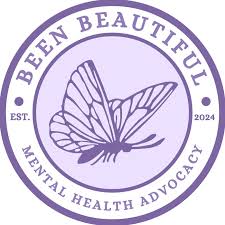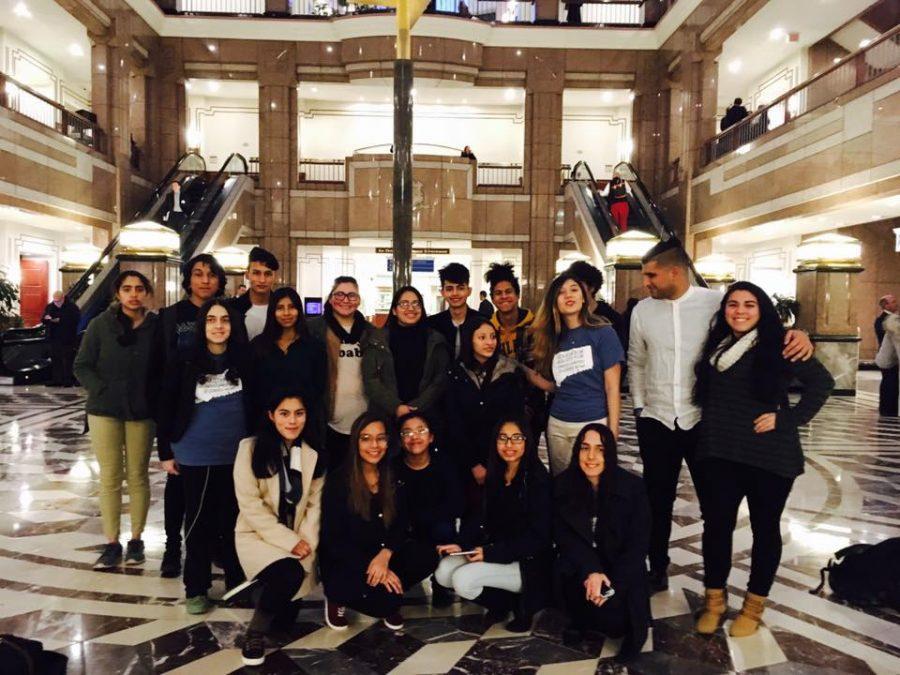Students with a ‘Dream’ testify before state lawmakers
Undocumented students fight for equal access to financial aid
March 6, 2017
Editor’s note: Although the students who testified before the state General Assembly identified themselves for the record, the Hatters’ Herald chose to withhold their names and identify them only by gender.
Eighteen students took action while partnering with Connecticut Students for a Dream at it #AffordToDream public hearing at the state capitol.
Among those testifying from Danbury, four undocumented students took the initiative on Feb. 7 to testify before state officials expressing the barriers that impact their future in regards to their immigration status.
Students who are non-citizens are unable to participate in a traditional college application process. The Free Application for Federal Student Aid is not provided to those who are not U.S. citizens. Undocumented youths who have lived in the United States from a very young age are also referred to as Dreamers from the legislation introduced in Congress known as the “DREAM Act.”
One DHS student told the Higher Education and Employment Advancement Committee:
“I want to go to college because my family inspires and supports me to be a doctor,” said the student, who arrived in the U.S. two years ago from Ecuador. “The struggles that I am facing as an undocumented student in high school are lack of financial aid and my immigration status. These barriers affect my education because my parents cannot afford to pay my tuition to university; they are even thinking of sending me to study in Ecuador. My goals are be a doctor and to encourage people to keep going and never give up on their goals.”
The state bills that the students testified on behalf of will equalize access to student generated, institutional aid in Connecticut public College and Universities for all Connecticut students regardless of immigration status:
- HB 700: AN ACT EQUALIZING ACCESS TO STUDENT-GENERATED FINANCIAL AID.
- SB 17: AN ACT ASSISTING STUDENTS WITHOUT LEGAL IMMIGRATION STATUS WITH THE COST OF COLLEGE.
According to ESL teacher Soraya Bilbao, who also attended the hearing, 30 staff members at DHS signed petitions in support of the measures, and another 20 were signed by students.
Bilbao told the committee: “The high cost of college tuition presents obstacles to any student who wants to go to college. However, for undocumented students, the lack of access to student-generated, institutional aid makes overcoming this particular impediment that much more difficult. And this is both unnecessary and unfair.”
Typically students who face this difficulty endure the stress of working multiple jobs to pay for their education. One student expressed in his testimony that, “The lack of concentration in my studies is a big struggle for me to pursuit my dreams.”
Another student expressed how she knows students who have to work multiple jobs to pay their tuition. Due to their jobs, it becomes a priority that battles with the crucial time that is required for a successful college student to excel in their studies. The risk of not doing well in college because of tribulations of having such an immigration status, and maybe having to drop out, is something that is familiar.
Many of these students have aspirations in life that would contribute to the betterment of society, such as the desire to become a nuclear scientist, an engineer, and a doctor.
This barrier impacts a Dreamer who should be transitioning into an incoming freshman at the school of her choice; however, without the access to financial aid, she shared how her parents are thinking of having her return to Ecuador because they would never be able to afford the tuition and fees.
Another student testified about his dream to become a mechanical engineer: ‘My dream is to be a better person and be able to work in something that I like, as mechanical engineering. Institutional aid will help me to focus only in my studies so I will not need to work multiple jobs. The access to financial aid means a relief and a better way for me to afford higher education. In the future this would mean that I it would not be difficult for me to study and that I will be able to focus more on my career.”
Currently, the status of these bills are in process and the decision will be released on March 23.
If you want to be kept updated as #AffordToDream moves forward, click here ; also if you are part of an organization, church, club that would like to help, please sign here to become an organizational supporter or forward this link to others.





















